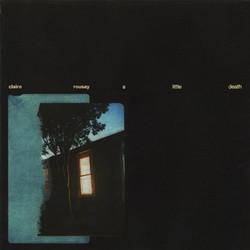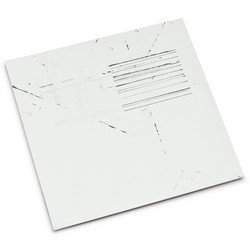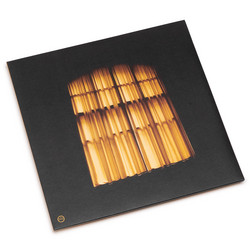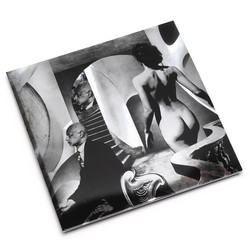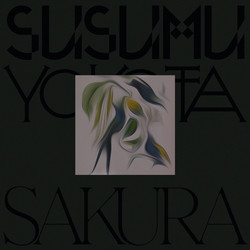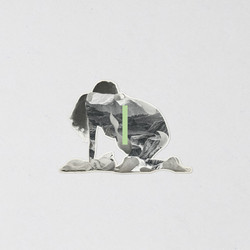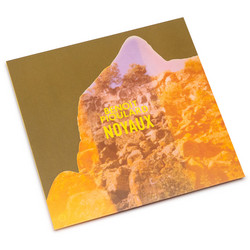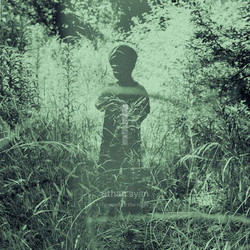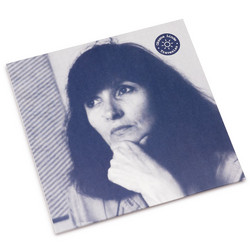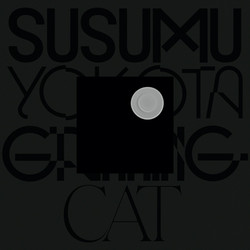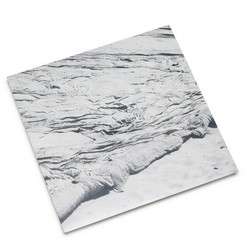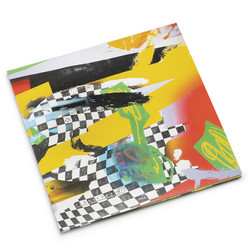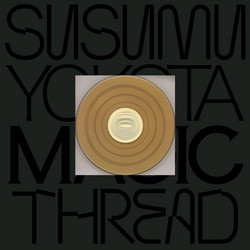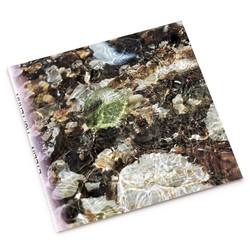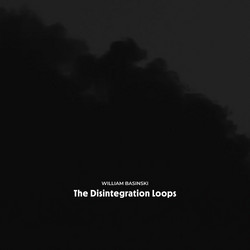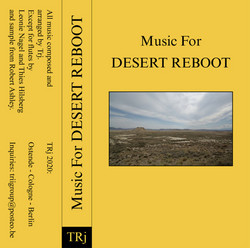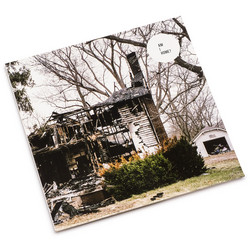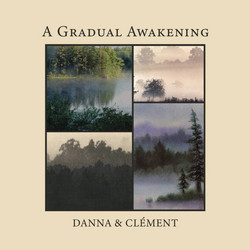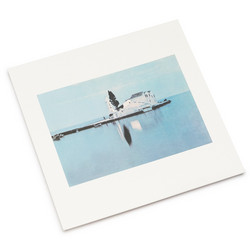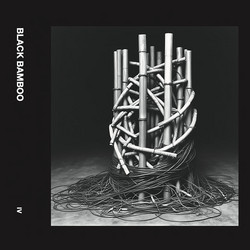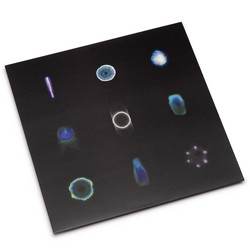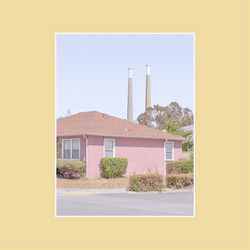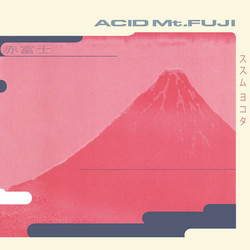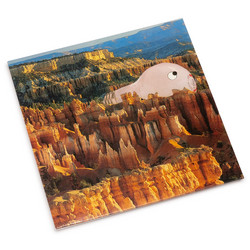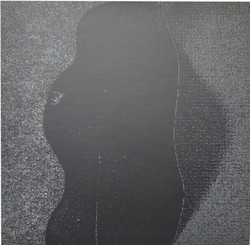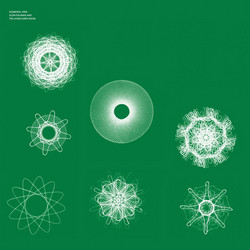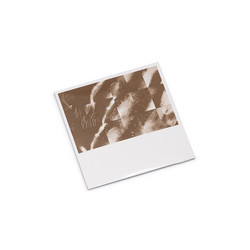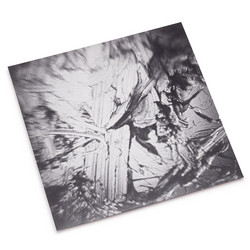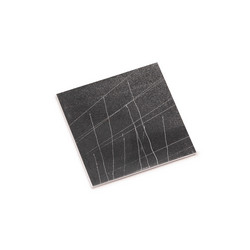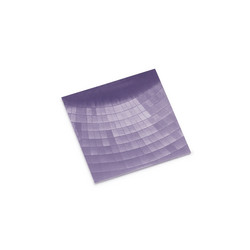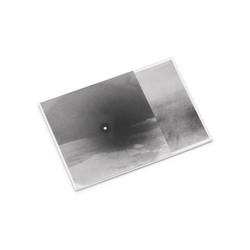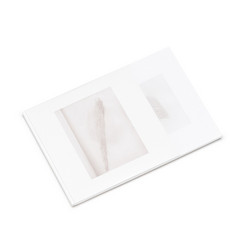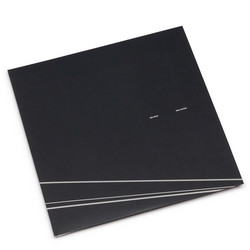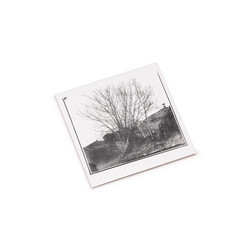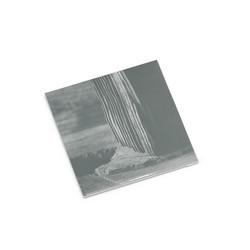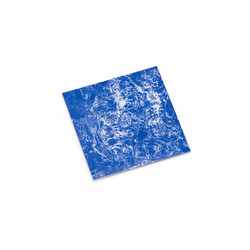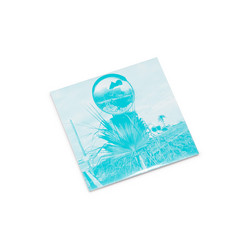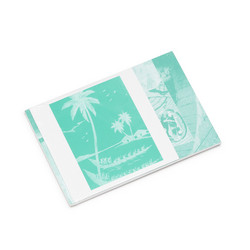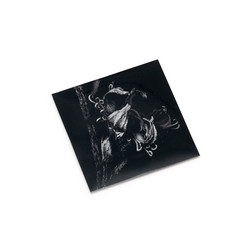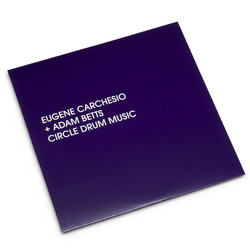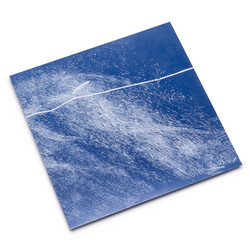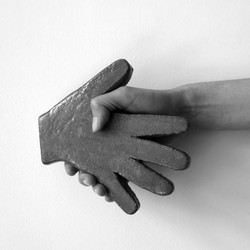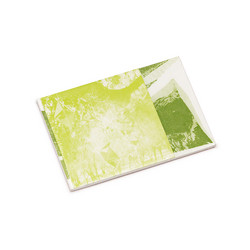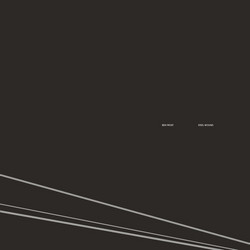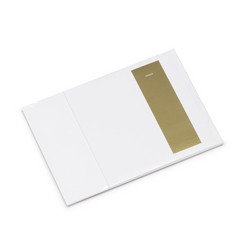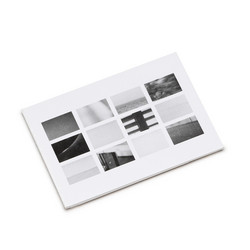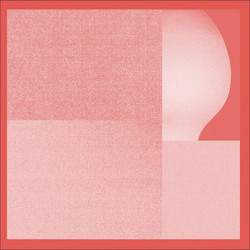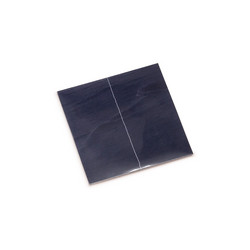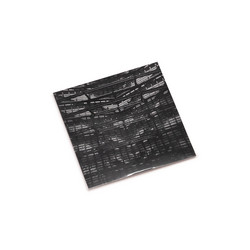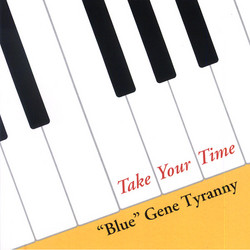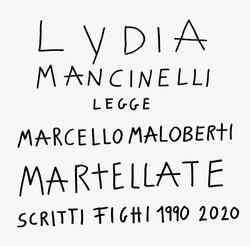"The process of making music together in Hand to Earth is unlike any other we have experienced. It is not free improvisation but it is not composed either. It is somewhere in between, and it feels like ‘weaving.’ Through Hand to Earth, we weave the threads of our different histories, different lives, and different perspectives together, and become family.
Daniel weaves the ‘Manikay’ (public songs) in his first language, Wagiläk - into the syntax of our shared practices. He talks about the ‘raki’, the string that is used to make the dilly bag that the Mokuy (spirit) can be seen carrying in many of the paintings by Djambu Burra Burra, Wally Wilfred, and others. Raki exists in the world we can touch, but it is also a metaphysical connecting thread that draws us together to the ‘buŋgul’ (ceremony, or gathering ground). When we play music, the raki pulls us all together - Yolŋu and balander - we are joined by this invisible thread, and under its guidance, we gather to sing, play, dance, and listen.
Like the wind that blows through different countries to bring people together – which Daniel sings about in Wata Dhärranhayŋu – raki traverses time and place and connects all of us no matter where we come from. The songlines Daniel and David care for stretch back for perhaps 60,000 years and form the oldest continuously practised music tradition on the planet. But the songlines are also always being renewed. In Mokuy, the songs spring up with new sounds and energy inspired by each of our own relationships to Country, and born of our shared learning and friendship. Each of our stories are part of these songlines now. As we close our eyes to listen to one another we feel the silent draw of the raki and it propels our imaginations to soar and intertwine. Like a diary written in the aether, Mokuy carves a record of our coming together, animated by Daniel and Sunny’s voices; the breath of the trumpet and woodwinds; the insistent pulse of the yiḏaki." - Daniel Wilfred, David Wilfred, Aviva Endean, Sunny Kim and Peter Knight
